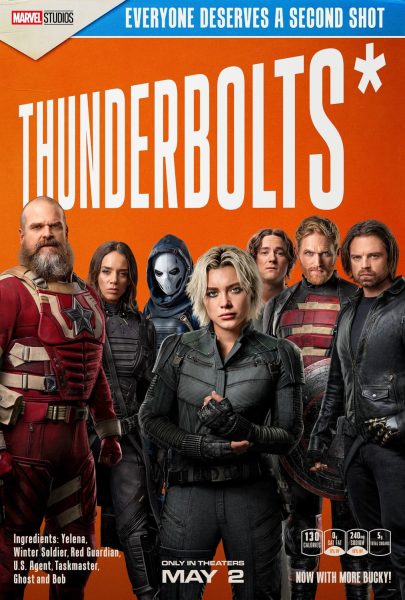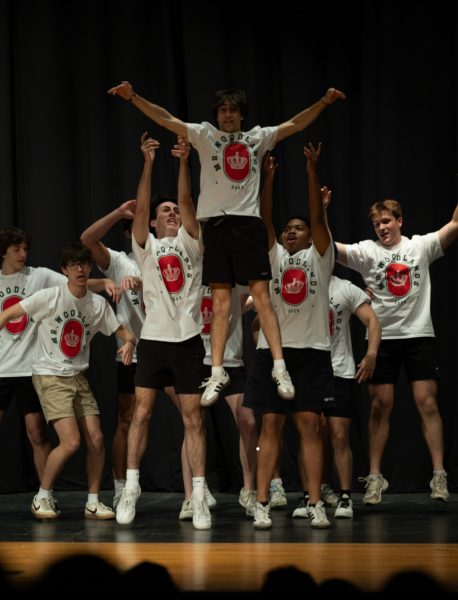Professional Sports Teams Cheating Require Sufficient Punishment
Twas the night before the NFL season, and all through the league, it seemed to be fair and fun, for the season of 2019. Then a four time member of the First Team All-Pro signed a contract with the defending Super Bowl Champions, the New England Patriots. Brown, who had been a member of the Oakland Raiders earlier in the day, had gone on numerous outbursts that would have any other player blackballed from the league. However, rumors and reports begin to come into the spotlight, making it seem as if Brown’s recent behavior was all a ploy to become a member of the Patriots. This story adds another example to the list of professional sports teams using collusion in order to become greater than they already are. While the leagues seem to think a short suspension, or a small fee is enough punishment for these teams, they have next to no effect to the teams that are punished.
In 2016, after the Golden State Warriors NBA team finished the regular season with a seventy-three and nine record, the greatest regular season record in the league’s history, they added former MVP Kevin Durant on to their already loaded roster. The first call to Durant reportedly came from Warriors Power Forward Draymond Green immediately after the Warriors blew a three to one lead in the NBA Finals to the Cleveland Cavaliers. Unlike past examples of the sport, such as LeBron James leaving his hometown Cavaliers to join the Miami Heat, Durant left a team with a second MVP playing with him. He left a team that was one win away from an NBA Finals appearance. While the thoughts of collusion were thought to be impossible back in the first months after Durant left, he forgot to change from his verified Twitter account to a burner when responding to a hater, saying that he “couldn’t win with those cats.” Meaning that Durant knew what he was doing when he signed with an established powerhouse in order to take over the league, which is exactly what they did. In the years after Durant signed, the Warriors won the NBA Finals twice, and it took numerous injuries to lose their last finals. The Warriors took over the league without an eye batted from the league, leading to fatigue from basketball fans that has only recently been thought to have ended.
In order to look at what the solution to the collusion should be, we must look at where the players came from. On the collegiate level, if a school’s athletics program is involved in a scandal ranging from any sort of rule breaking, from cheating on grades to using real money to attract players to schools, the NCAA will look at the situation for the severity of it, and decide what a valid punishment should be. Sometimes, they get these punishments wrong (such as only giving Ohio State’s Urban Meyer a three game ban for hiding the assault of an assistant towards his wife) however, they also tend to get punishments severe enough to force the school to think twice about trying it again, as well as making other schools fear what could happen if they get caught. In 1987, Southern Methodist University received the NCAA’s “death penalty”, when they continued to pay recruits after already being on a three year probation for the same thing. This forced the NCAA to take away the entire program from the once storied school for an entire season, as well as limiting recruiting until 1989. After having a dominant 1980’s (including an undefeated season in 1982), the Mustangs have only had three winning seasons since gaining their program back. Now, should any professional sports team lose their entire season and restrictions on free agency and drafting if they collude? No. However, they should institute the policy the NCAA has had since SMU’s ban. If a team bribed players in order to make a dominant team, they should be forced to sit out for the postseason, even if the team has the best record in the league. This would make teams scared to artificially create ‘superteams’, as well as making the league more exciting due to a more unsure nature of how a team will perform during a season.
Some people may say that forcing a ‘superteam’ to sit out the playoffs of their first season together is only delaying the inevitable run of championships, however since most superteams only get all of their superstars for up to three seasons, this gives those teams less game experience to truly find what makes the team work. This will make those top players more unsure of how to play against other playoff teams when it comes time to face off.
In the modern era, sports have become more top heavy, with teams full of some of the greatest players in the league running over the teams that are just trying to get by. In order for some change to happen, fans must not stand for teams creating the equivalent of a monopoly, even if it is their own team. If fans were to watch less, and spend less money on the team’s merchandise, the leagues would be forced to look at the situation, and see what they can do.
Your donation will support the student journalists of The Woodlands High School. Your contribution will allow us to purchase equipment and cover our annual website hosting costs.






